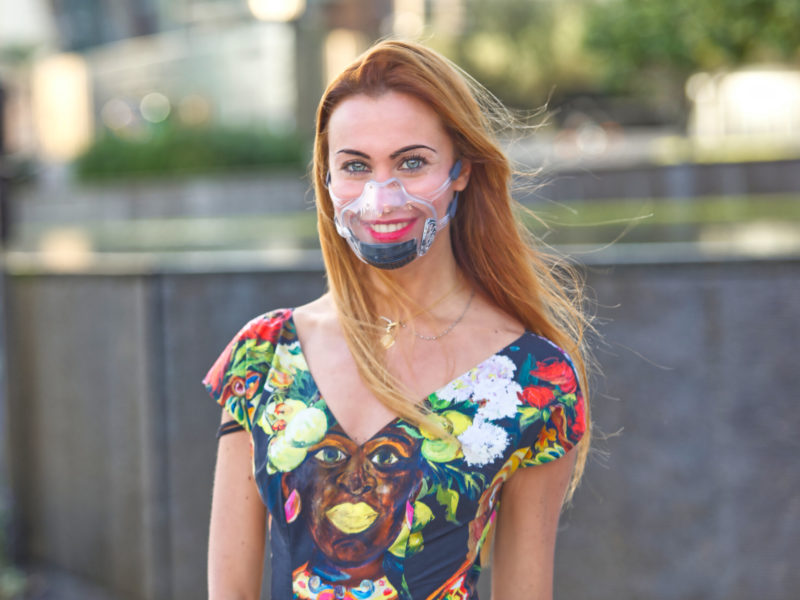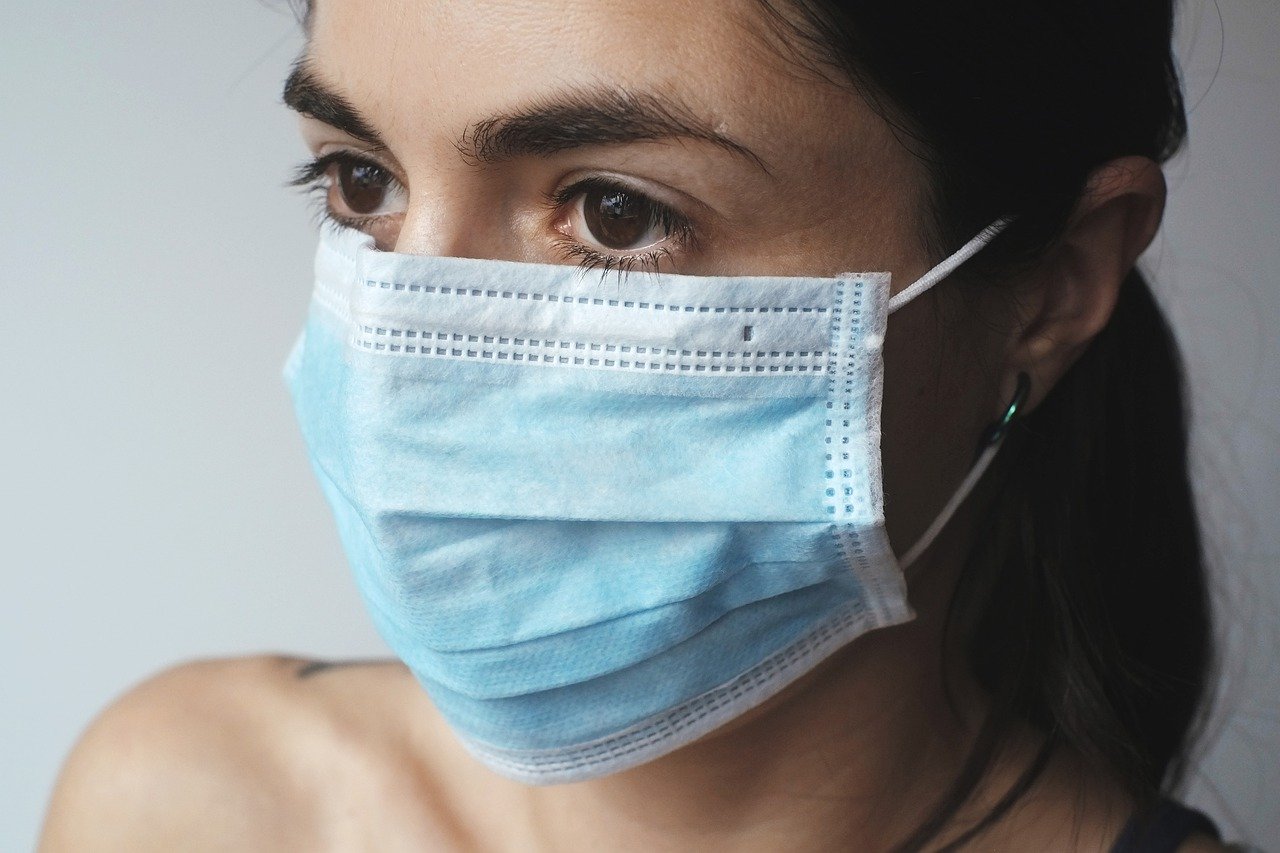
Pros And Cons Of Face Mask Materials And Skin Issues
The COVID-19 has gotten people to follow a lot of instructions to save their lives, and wearing a face mask is one of them. No matter you are in the world, wearing a face mask to help prevent the chances of the virus entering the lungs through your nose or mouth has important. However, a huge percentage of people have breathing and skin problems that can aggravate as a result of excessive usage of masks. But what a lot of people overlook is that the type of face mask material that you use has a huge role to play. Face masks didn’t have a great variety in aspects of materials before, but now, many new types are being introduced to help people with respiratory or skin issues. Let’s talk about some face mask materials and their influence.
The Heavy-Duty N95
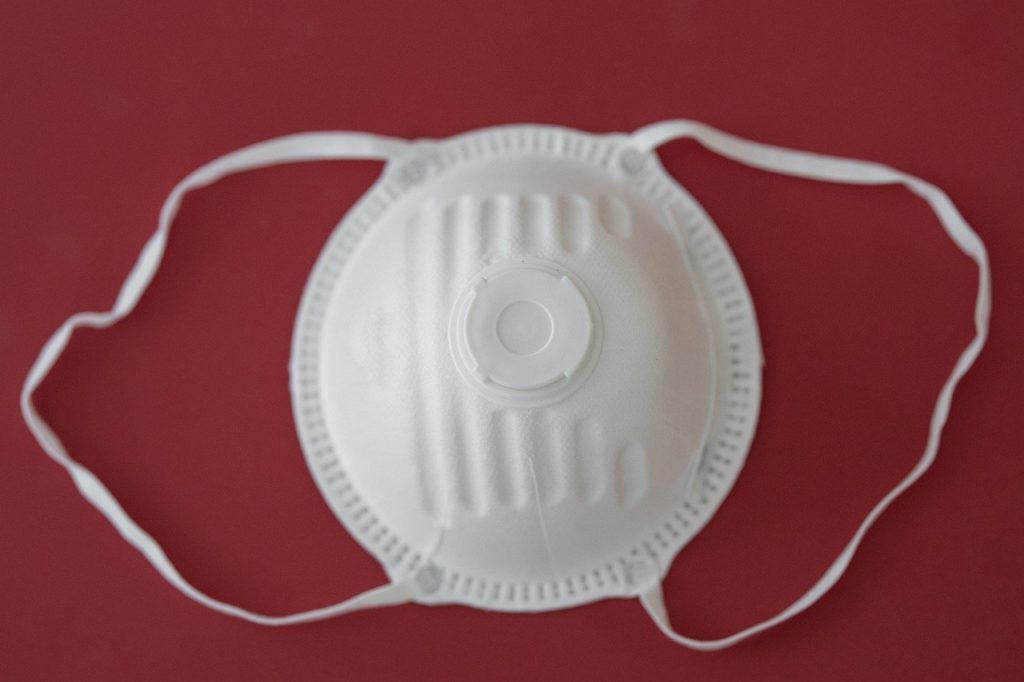
The Heavy-Duty N-95 has gotten very popular these days. However, it has also made its drawbacks prominent as more and more people use it long-term. It’s design primarily features a tight seal that covers the mouth and nose area. The decreased surface area of an object leads to more significant pressure, and that’s what the edges of N95 do around the nose and mouth. This causes stress on some regions of the skin, causing injuries if worn over a long period. Mask lines are also a common side-effect. The internet is full of pictures of doctors whose faces seem bruised and swollen because of the usage of this mask for many hours daily. Not only does it irritate because of sweat accumulation, but it may also result in pressure ulcers.
Choosing A Soft And Breathable Material
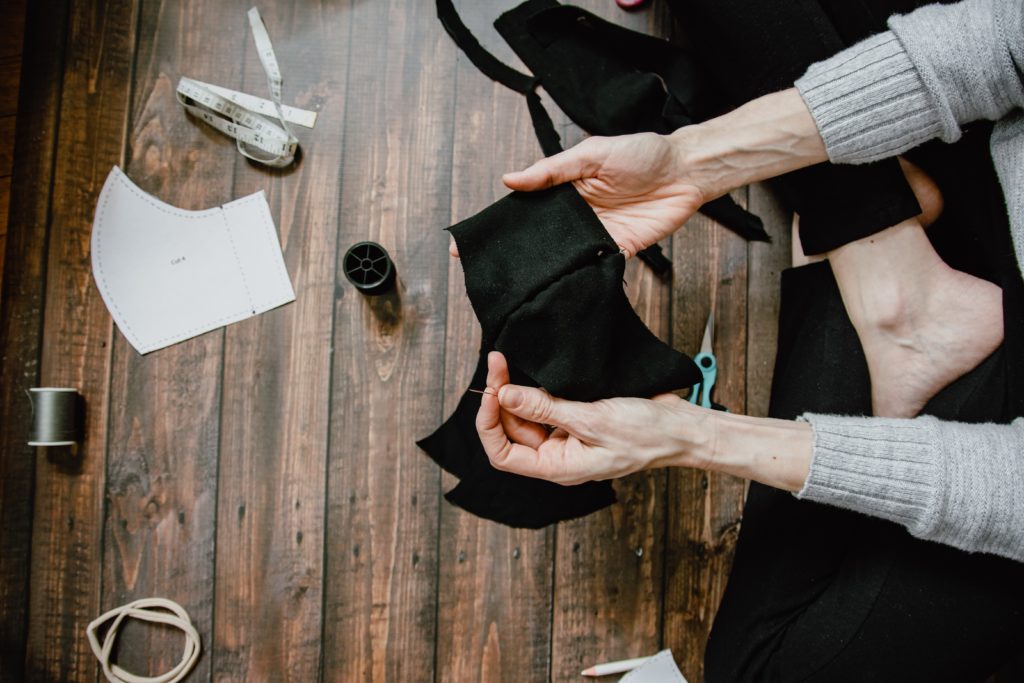
The researchers and cosmetologists have significantly focused on the importance of the right face mask material. Attractive looking masks are often not very comfortable because they use synthetic materials such as nylon and polyester. Synthetic materials are often less breathable and increase the chances of accumulation of oil and sweat. Both of which can lead to rashes and infections of the skin. Cosmetic dermatology’s Director at Mount Sinai West; Noelani E. Gonzalez has recommended that people use face masks made of 100% cotton material as they are not only soft but breathable too. Hence, they decrease the chances of skin disease.
In Case You Notice Skin Irritation
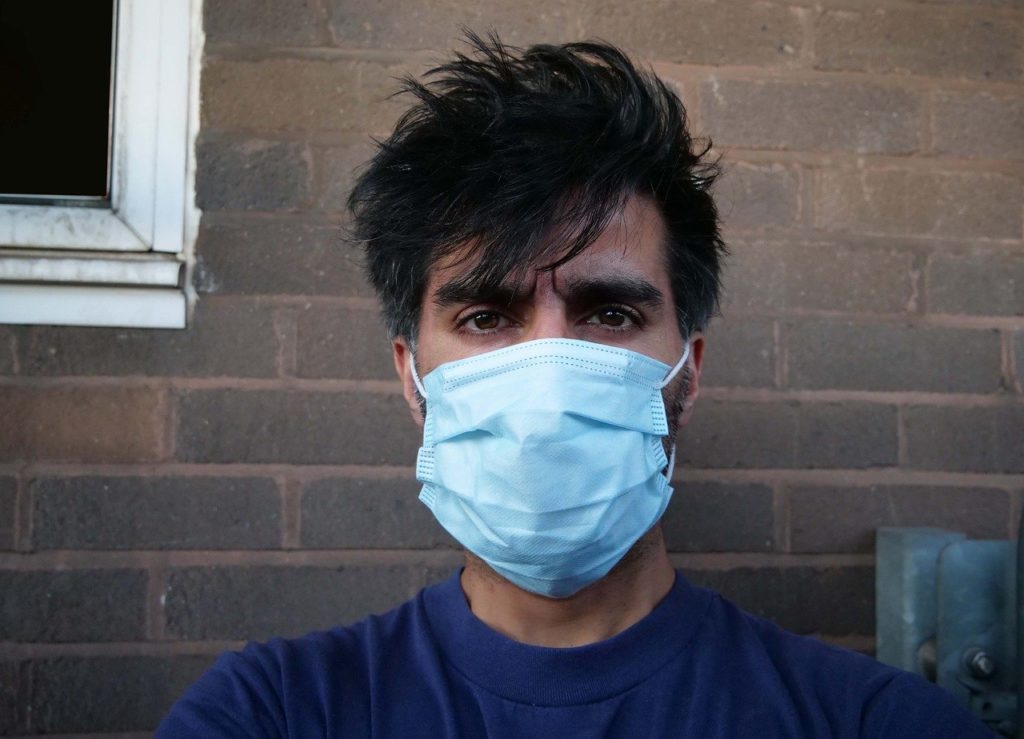
Skin problems and irritation are easily noticeable and you can treat them before the situation escalates. If you notice rashes or feel skin irritation, what you need to do first is look for the cause of the irritation. It might be the adhesive tape, face mask material, or some chemical used in the washing detergent for the fabric. In such cases, go for the sensitive-skin-friendly masks that are now available in the market. They don’t harm the skin because of the lack of dyes and chemicals, and their fabric is soft and comfortable.
Some protective measures you can take to prevent skin infections in the first place:
- The moisture acts as a protective barrier between the skin and the mask. In the case of dry skin, it is more prone to infections. An oil-free moisturizer is great to keep the skin hydrated and protect it against the friction, which ultimately causes skin diseases.
- Cleaning the face more often is highly recommended as it prevents acne and clogged pores. Chemical-free products with simple formulas are a good option to avoid toxicity. Makeup is also not recommended because it can contain harmful chemicals and block your pores under the mask.
- You must take online appointments from a dermatologist if the problem becomes severe.

